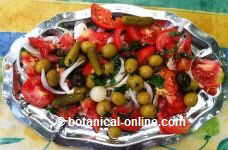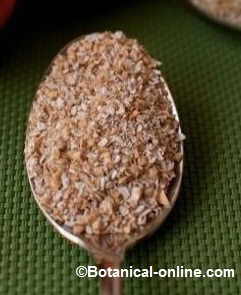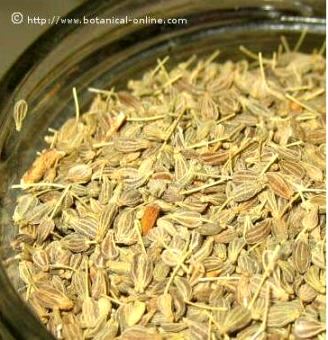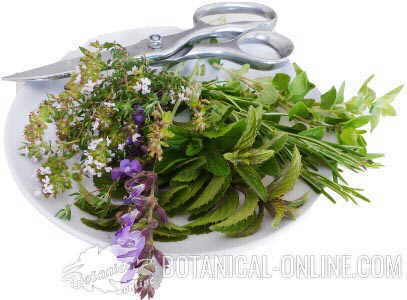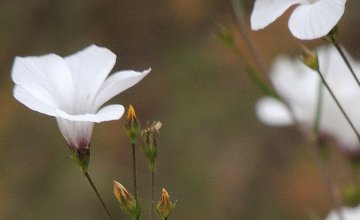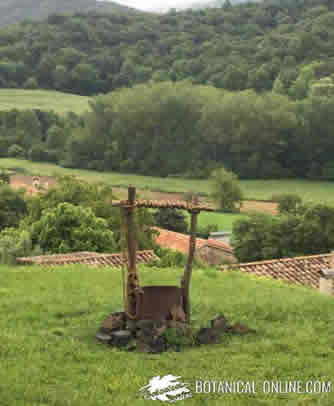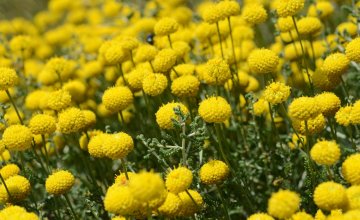Contents
Onions as food
EDIBLE PROPERTIES OF ONION
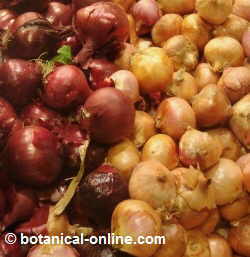
Photo of onions in a market
Onion in food
Onion (Allium cepa L.) is a bulb that is consumed in the diet. The cultivation of this food dates back to the ancient Egyptians.
It belongs to the Liliaceae family being closely related to garlic (Allium sativum), leek (Allium porrum) and chives (Allium schoenophrasum).
Ovoid shaped or rounded, it is formed by numerous layers superimposed on each other.
When cut, onion causes tearing, because its volatile essences are released and come into contact with the eyes.
The taste may be different depending on the variety of onion, but overall, the onion has a spicy, pungent and sweet flavor. The longer it remains stored, the greater the itching.
When cooked, onions lose their hotness.
Nutritional value: What does onion contain?
Onion is a vegetable that should never be missed on the table, since because of its components, it is considered, along with garlic, a real medicine-food.
Nutritionally, it is a very light vegetable, because it is constituted by 90% of water. Not a significant source of protein, fat, and virtually no carbohydrates. It has very few calories.
The nutritional value of onion is due to its richness in fiber, potassium, flavonoids and sulfur components. (See chart at the end of the article)
Chewing onions, especially raw onions, maker their essential oils to be spread. They are rich in sulfur and alliin with bactericidal properties. Thus, when breathing these components, they achieve to decontaminate our mouth, nose and throat of any harmful bacteria that could be inhaled.
In fact, although cutting onions produces watery eyes, something which is uncomfortable, this cleans the eye mucous membrane of bacteria and protects us against eye infections.
Why should we eat onions?
Onions are very valuable because of these curative values:
- Cardiovascular Health: Onions contain the presence of alliin and allicin, two substances that are also found in garlic. These components have properties to make blood flow better, They also are antiinflammatory, antioxidant and antistress. Therefore, onions should be a common ingredient in our diet for hypertension and cholesterol.
- Diuretic: Besides onion has diuretic properties because of its high potassium content, caffeic acid and quercetin (being the richest vegetable in this component). Best suited to help eliminate toxins from the body fluids and, in cases of obesity, gout, arthritis, rheumatism and water retention diet
- Natural Antibiotic: Onion, along with garlic, is one of the best natural antibiotics. Because of its content rich in sulfur compounds, it has antibacterial properties and is one of the best natural remedies to combat infections.
- Diet acne: Onions are the richest vegetable glycolic acid, a widely used substance for acne treatment.
Making onion less spicy
Spring onion is less spicy. For sensitive stomachs, onion can be left in olive oil maceration overnight, causing it to lose its pungency. It can also be introduced it in water with a little lemon juice or vinegar for a few minutes.
The aim of these two procedures is to prevent the onion to be spice, but to retain its properties at the same time.
How to eat onion?
Onion is one of the most popular ingredients in the kitchen, both for its organoleptic qualities, or the health properties it brings to different dishes.
You can eat onion broth, mixed with other vegetables or sauteed with other ingredients.
Above all, onion should usually be eaten raw since cooking destroys the essential component, for example, raw in salads.
| Nutritional composition of onion per 100g. | |
| Water (g.) | 89 |
| Calories (kcal.) | 38 |
| Fats (g.) | 0,2 |
| Carbohydrates (g.) | 8,6 |
| Proteins (g.) | 1,16 |
| Fiber (g.) | 1,8 |
| Potassium (mg.) | 157 |
| Sulfur (mg.) | 70 |
| Phosphorus (mg.) | 33 |
| Calcium (mg.) | 20 |
| Magnesium (mg.) | 10 |
| Iron (mg.) | 0,22 |
| Vitamin C (mg.) | 6,4 |
| Vitamin E (mg.) | 0,26 |
| Vitamin B6 (mg.) | 0,116 |
| Folic acid (mcg.) | 19 |
| Glutaminic acid (g.) | 0.118 |
| Arginine (g.) | 0,156 |
| Lysine (g.) | 0,055 |
| Leucine (g.) | 0,041 |
How to remove onion breath?
Chewing parsley leaves after meals helps prevent onion smell.
![]() More information on onions.
More information on onions.

